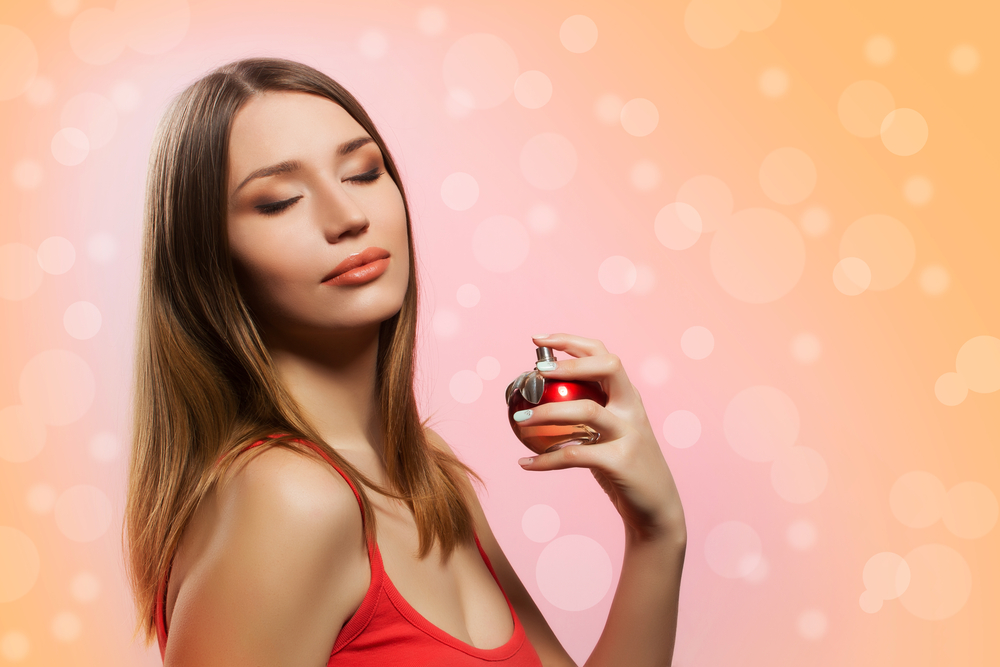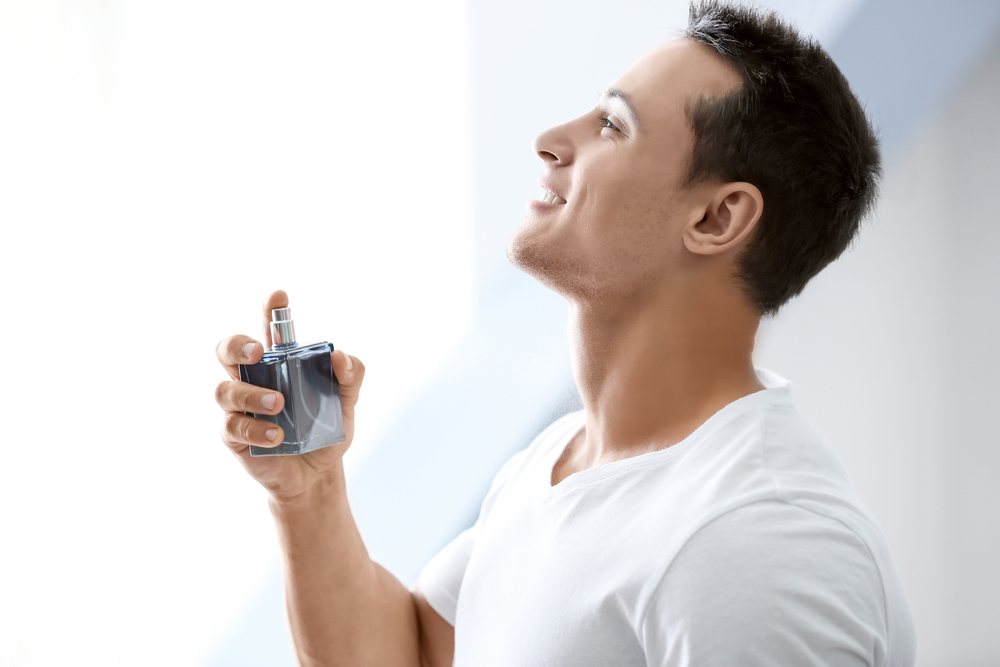What's the Difference Between Eau de Toilette & Eau de Parfum

Suppose you’ve ever been shopping for fragrances. In that case, you’ll likely stumble upon various titles that fragrances have and find yourself extremely confused by these various labels. Two extremely common classifications are Eau de Toilette and Eau de Parfum. We’re going to take a look at these two fragrance types and explain what they are, how they’re different, and a bunch of other things you should know.
What Is Eau de Toilette & Eau de Parfum?
Before discussing the apparent differences between Eau de Toilette and Eau de Parfum, we need to examine them individually and define them as separate fragrance types.
Eau de Toilette
Eau de Toilette is one of the most popular fragrance types available. An Eau de Toilette spray is simply a light spray composition and contains 4 - 15% pure perfume. The spray distributed retains its scent for roughly 3 - 4 hours and is usually considered a fragrance for the daytime.
Eau de Parfum
Eau de Parfum, which is also known as Eau de Perfume, is a derivative of pure perfume. The formula used to create an Eau de Parfum is more concentrated than other fragrance types. It’s concentrated with roughly 15 to 20 pure essence and lasts for about 4 - 5 hours.
What's the Difference Between Eau de Toilette & Eau de Parfum?
While you have likely already noticed some of the key differences between these two fragrance types, we will compare them and realise all the key differences.
For starters, let’s take a look at scent longevity. Eau de Parfum lasts longer in comparison to Eau de Toilette. This is because Eau de Parfum has a higher concentration of perfume oil. This is the most significant difference between these two fragrance types. The higher the concentration, the longer it lasts. For example, if an Eau de Parfum contains nearly 20% perfume oil concentration, it can last up to eight hours.
Other differences include pricing, perfume oils, and usage. Eau de Toilette is more diluted than Eau de Parfum, meaning it is the cheaper of the two options. Users of Eau de Toilette are more liberal in their usage of their fragrance, using it as a day-to-day spray. Eau de Parfum is usually more expensive. This means it’s often used as a unique occasion fragrance or a ‘once in a while’ fragrance.
If you’re a perfume user with sensitive skin, you’d probably want to use Eau de Parfum. The reason is that it’s got less alcohol content which makes it react better with the skin.

Who Is Eau de Toilette For, Men or Women?
This isn’t a gender-specific fragrance type. However, you’ll find it far more common to come across men’s colognes marked as Eau de Toilette. Women’s fragrances are generally labelled as perfumes. The title of Eau de Toilette or Eau de Parfum is mentioned in a subtitle that’s far smaller and never in the product title.
What Is the Difference In Fragrance?
Sometimes there isn’t any real difference in scent. If the fragrances are made with the same notes, then they’re going to smell similar. However, the difference comes in with the potency and longevity of the scent. The concentration of fragrance is higher than Eau de Parfum, so it means that the scent will last longer. It also means that sometimes certain notes are actually sharper, sweeter, richer, and more identifiable.
Do They Expire?
Yes, all perfume is susceptible to expiration dates. However, a perfume's expiration is more complicated than the average product. The expiration of your fragrances can be accelerated or slowed down depending on how you store your perfume. Additionally, the type of fragrance can sometimes have a lesser shelf-life than others. There are so many things that determine a perfume's longevity, and this can be fragrance composition, ingredients, brand, etc.
Choosing Between Eau de Toilette and Eau de Parfum
It shouldn’t be a choice of one or the other. Our recommendation is to find scents of both fragrance types that can be used for different reasons. For example, an Eau de Toilette for daily use and an Eau de Parfum for special occasions or once in a while use. Considering you should never rely on one scent for all your perfume needs, it’s great to have a range of options.
How To Wear Eau de Toilette and Eau de Parfum
There’s a time and place for each kind of fragrance. An Eau de Toilette is probably the best choice during the hot summer months and days. This is due to its being fresh, light, and easier to wear due to the lower concentration. Evening’s are for Eau de Parfum, especially in colder climates when the dry air makes scents dissipate much faster than in air with moisture.
Spray on pulse points like your wrists and neck for daytime use, and slightly increase it for evening use. This applies to both fragrance types. It’s a delicate art, and you don’t want to overdo it because it can be overpowering for people around you. You want it to be a scent that lures people in, not keeps them away because it’s hard to breathe in anything but your fragrance. So be delicate.
Conclusion
Now that you’re more aware of what the differences between Eau de Toilette and Eau de Parfum are, it’s time to get yourself a fragrance that works for you. With Catch, you have access to the broadest selection of perfumes, colognes, and more to find what you need and so much more. From major brands to smaller bouquets, we’ve got you covered.
Popular Questions Asked
Is eau de perfume or eau de toilette stronger?
In simple terms eau de parfum is a stronger perfume than eau de toilette due to the fact that the concentration of oil in a eau de parfum is a lot higher.
Which lasts longer eau de toilette or eau parfum?
Eau de parfum lasts longer than eau de toilette. Eau de parfum can last up to 5 to 8 hours, so pretty much an entire day, whereas eau de toilette can only last up to about 3 – 5 hours.
What smells better toilette or parfum?
Depending on what you like, if you like a stronger scent, eau de parfum will smell better as its stronger, whereas if you like a more subtle scent on you, then eau de toilette is the one.
What type lasts the longest?
Eau de parfum lasts the longest due to the higher concentration of oils are use to produce. It also has a longer shelf life too.
